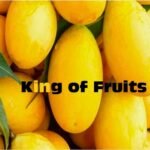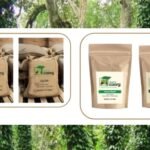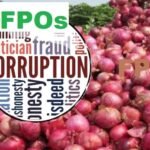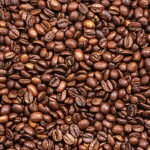The new leaf fall disease in rubber plantations in Thailand appears to have began alarming amongst rubber growers in India. They worry that the rising scenario could spoil on their prospects when natural rubber prices began to touching at ₹163 per kg.
The farmers have sought quick intervention of the government in carrying the spread of the disease, particularly when the sector is witnessing peak production. It is identified that the disease has spread so quick throughout borders of South-East Asian countries because of the switch of raw rubber.
Production output affected
The Rubber Authority of Thailand in November reported that the whole affected area is 90,000 hectares with a lack of production potential running to 130,000 tonnes on an annual basis. The whole natural rubber production in Thailand which was 5.14 million tonnes had come all the way down to 4.9 million tonnes in 2019. It is anticipated to go down further to 4.36 million tonnes in 2020.
Rubber Board officers noted that the illness has the potential to spread quickly within the near future and the affect might worsen because the pathogen has already established in the rubber growing areas within South. There are also severe considerations on the potential widespread incidence of the leaf fall disease in Southern part of Thailand, inflicting steep fall in rubber production in coming months.
Also Read: INFAM knocks courtroom looking for MSP for rubber crop
In India, the leaf fall illness in plantations was observed in small pockets in Kottayam two years in the past. This year, there are indications of this disease in roughly 300 hectares spread over Pathanamthitta, Kottayam and Thrissur districts of Kerala, stated KN Raghavan, Executive Director, Rubber Board.
He further added that the Board is forming a team to conduct prophylactic spraying of oil-based copper oxychloride in all vulnerable plantations before starting of next season to prevent onset of the disease.
Tighten photosanitary for raw materials imports
Ajith BK, Secretary, Association of Planters of Kerala stated that the rubber sector has raised severe concern on the transfer or import of raw unprocessed rubber into the country as it could possibly be carriers of pathogens of this disease. Likewise, the import of cup lumps might additionally lead to spreading of the disease. He further urged the concern authorities to tighten photosanitary measures towards import of any planted materials or any unprocessed rubber.
He also added that the contaminated rubber trees develop into weak and the growers couldn’t do fertiliser application for the previous four to five years because of non-remunerative prices.
Also Read: God’s Crown Fruit, a potential medicinal plant
He requested the Centre to impose a protocol just like the one carried out in case of South American Leaf Blight occurred in Brazil.
Thailand is the largest natural rubber producer in the world accounting for 36% of world production. Rubber plantations in Thailand are concentrated in southern region which accounted about 80% of production. In the year 2019, the leaf fall disease was confined to the Malaysian border region of Thailand. However, it spread quick in 2020 in southern part of Thailand, affecting almost all provinces.


















Add Comment